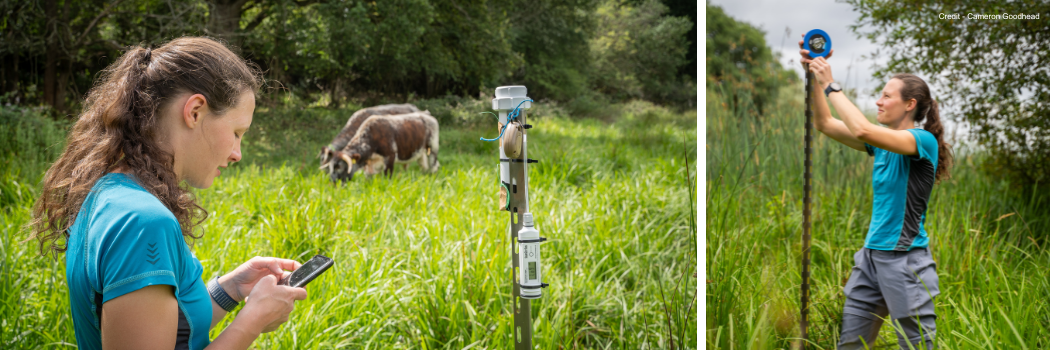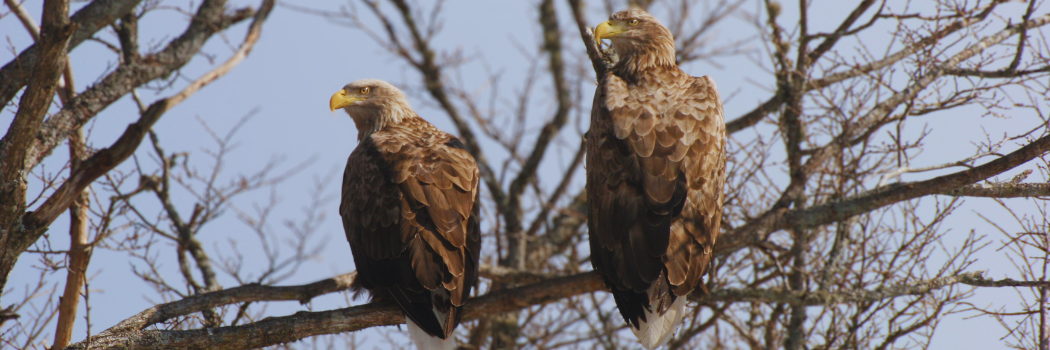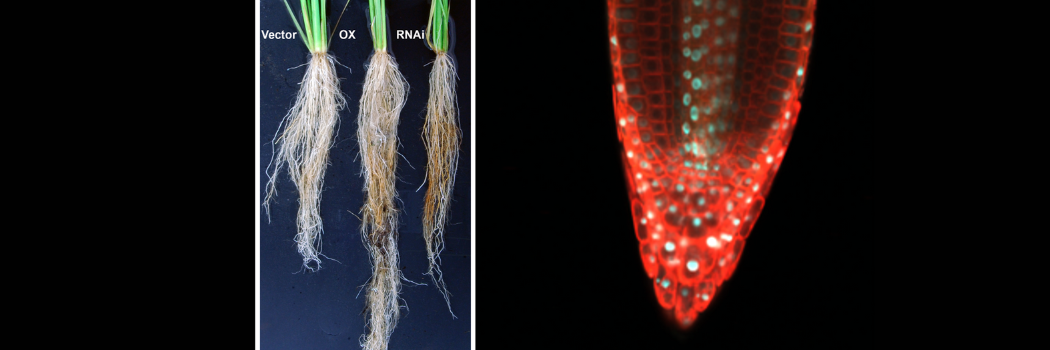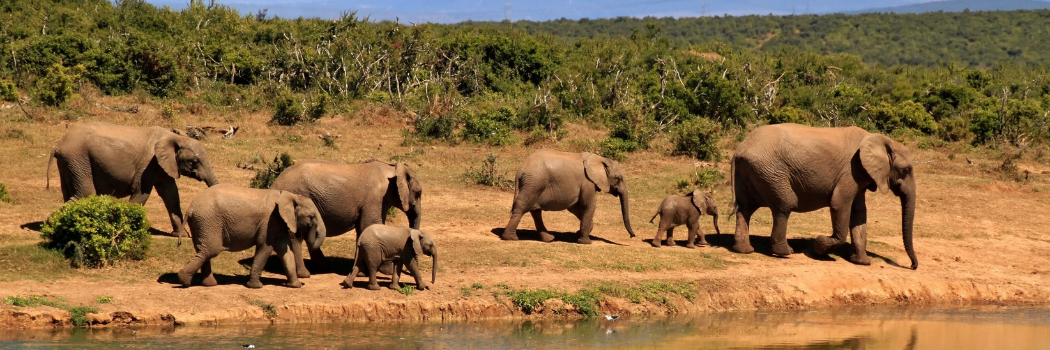Biosciences News
Durham research has a lasting global impact
We have launched a new Global Research Brochure where we shine a light on some of our incredible researchers who are making a difference in the world.
Fruit flies give clues to sexual selection-driven evolution
They may be tiny, but fruit flies have given scientists new insight into the genetic basis for rapid evolution of male external genitalia driven by sexual selection.
New research reveals the evolutionary origins of unique traits in pitcher plants
An international team of researchers have investigated the complexity and innovative evolutionary capabilities of carnivorous plants which capture insects.
CRAFTing Delivery of Membrane Proteins into Protocells using Nanodiscs
Have you ever wondered how to deliver membrane proteins to pre-formed membranes? Take a look at our new nanoCRAFT system from the Centre for Programmable Biological Matter.
British Ecological Society awards Founders' Prize to Dr Rebecca Senior
We are delighted to announce that Dr Rebecca Senior from our Department of Biosciences has been awarded the Founders' Prize by the British Ecological Society.
New study finds European breeding birds respond slowly to recent climate change
In a new study, leading scientists from our Department of Biosciences have found that local colonisation and extinction of European breeding birds are very weakly influenced by climate change.
Durham Centre for Crop Improvement Technology awarded £1m grant from Wolfson Foundation
Durham Centre for Crop Improvement Technology is one of the country’s leading centres for crop research, with a long-standing internationally recognised record of research excellence.
Funding success for Magnitude Biosciences
Dr David Weinkove, CEO and CSO of Magnitude Biosciences talks about ageing and recent funding success
Near atmospheric carbon dioxide activates plant ubiquitin cross-linking
Following on from a recent paper in Science Advances demonstrating that ubiquitin is a carbon dioxide binding protein in mammals, Harry Gannon and Martin Cann demonstrate in a new paper in BBA Advances that near atmospheric carbon dioxide also regulates plant ubiquitin cross linking.
Unmasking Pain Presents International Yoga Day
Paul Chazot (Biosciences) and Durham WRIHW Fellow Balbir Singh with members of his dance group hosted a special event for the 9th International Yoga day as part of the Celebrating Health Festival, here in the Durham University Botanic Gardens.
Strengthening and expanding protected areas of existing parks is crucial for biodiversity conservation
In a new study, bioscientists argue that strengthening the protection given to areas already protected under law or by local communities is as critical for safeguarding biodiversity as creating new protected areas.
Global biome patterns of the Middle and Late Pleistocene
A newly published study led by Emeritus Professor Brian Huntley shows the key role that atmospheric carbon dioxide concentration has played in past changes in global vegetation patterns, provides evidence that past biome extent plays a key role in determining present patterns of biodiversity, and demonstrates that potential future global vegetation patterns are unlike any during the past 800,000 years.



.jpg)









